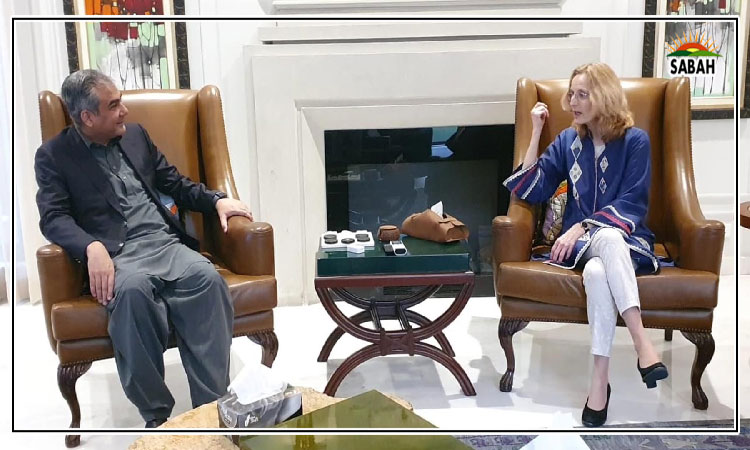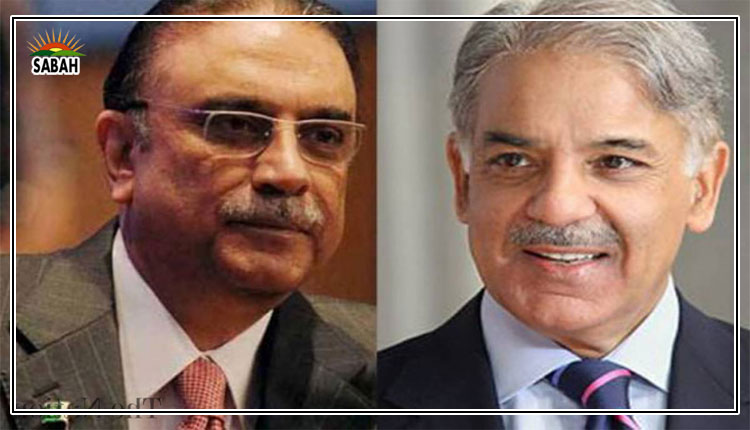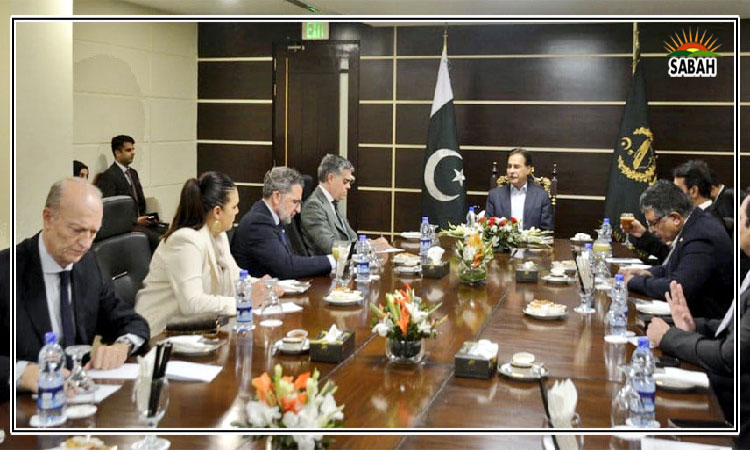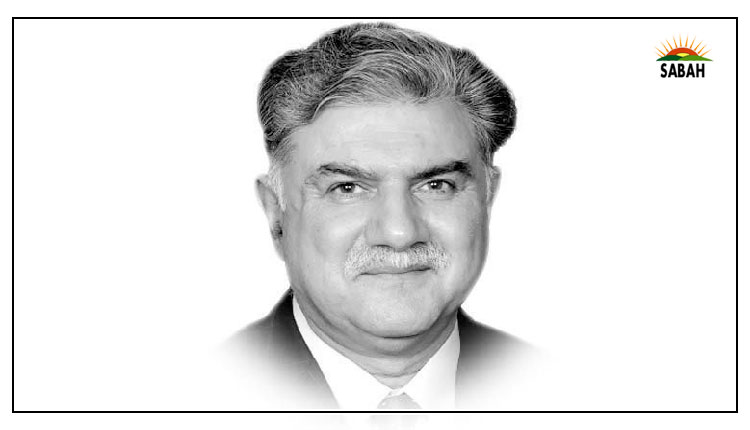Iran’s revisionist misadventure — taking Pakistan for granted… Inam Ul Haque
The Islamic Revolution Guards Corps (IRGC) with blessings from the top Iranian leadership carried out a combined drone and missile strike in Sabz Koh area in Panjgur District of Pakistani Balochistan on 16th January 2024, to target Jaish-el-Adl, Irans disenfranchised Baloch Sunni militant group. Pakistan after waiting for some plausible explanation or an apology from Tehran (in fact there were celebrations), retaliated on 18th January. In operation Marg Bar Sarmachar (Death to Militant), using killer drones, rockets, loitering munitions, and stand-off weapons, it targeted Baloch militants of BLA and BLF in Irans Sistan-o-Balochistan Province.
There are wild speculations about Irans motives for such attacks. Firstly, Iran is a revisionist state that exports its ideology and brand. So far, it was expanding its sphere of influence through proxies, Hizbullah, Hamas and Houthis, its Axis of Resistance. However, on 15 January, Iran fired ballistic missiles at Syria and Kurdish-controlled northern Iraq from Iran proper, opening a new phase in its geo-strategy, that of direct involvement. Kurdish and Syrian strikes were aimed at Mossad and ISIK (ISK). ISKs Kerman suicide bombing on 03 January, causing around 100 Irani deaths was the immediate trigger, as Pasadaran-e-Inqilab (IRGC) were under immense pressure, first for intelligence failure and then for lack of response.
Secondly, Tehran feels compelled by other domestic challenges a faltering economy; growing chasm between conservative elite and a restless younger citizenry at odds for lack of political expression and personal freedoms; and Iran feeling negatively spotlighted by the West Plus (US and the West). Amid heightened regional tensions, Tehran wanted to portray strength and demonstrate to its people, its ability to retaliate.
Thirdly, through drone-missile strikes, the Revolutionary Guard-dominated Iranian geostrategic elite wants to establish neighbourly deterrence. Tehrans security calculus emphasises deterring possible alliance between neutral neighbours like Pakistan, and the West Plus-Arab (Saudi Arabia and the UAE) line up against it, in case of any conflict. Iran is cognizant of the deliberations in the West Plus to strike at the source of troubles, rather than at the (Iranian) proxies, given the Houthi overreach in the Red Sea, that upends global trade and commerce. The strikes were a demonstration of strength aimed at multiple actors.
Fourthly, strikes were also an effort to play up on the disenfranchisement between the State and the Street, existing in most Muslim countries for relatively mute response to the genocide in Gaza. Tehran aims to benefit from this chasm, to solidify its leadership credentials in the Muslim world.
Fifthly, revisionist Iran also considers Subcontinent/Pakistan and Afghanistan as its erstwhile zones of influence through religious, sectarian, historic, ethnic and linguistic affinity. It has traditionally been patronising in its relations with these countries, bordering arrogance. That Empire mindset of a civilisational superiority does come into play on and off. And in Pakistans apparent political disharmony, Tehran sensed an opportunity.
Sixthly, there is a lot of speculation that the strikes, in addition to being deterrent, were also making a sales pitch for Iranian drones and missiles. More on this next week.
These undercurrents influenced Iran to strike Pakistan, an attack more damaging to Iran than Pakistan. The fact that Pakistan responded after exhausting diplomatic options; responded in a measured, calibrated, proportionate and timely manner; and hinted at de-escalation demonstrates political and military maturity. Although Pakistans economy cannot withstand another war, war economies are not simply economists arithmetic; they have their own peculiar dimensions.
Pakistans response was also a strong message against potential adventurism by any state or non-state actors using foreign lands. It also brought the decisiveness of the present military leadership into a resolute focus. If any power expected to make Balochistan into another FATA by pushing Pakistan into a four-front war (India, Afghanistan, Internal and Iran), those hopes are dashed for now. Pakistan has demonstrated zero tolerance against foreign-based militants (TTP, BLA, BLF, etc) and would respond to their incursions cis and trans-frontier. Tehran has also been amply warned that it can no longer host Baloch proxies vis–vis Pakistan.
De-escalation was natural, logical and in the interest of both states. The almost immediate climbing down from the escalation ladder implies possible disagreement between the Clergy-IRGC combine and the wider Irani military establishment over the strikes, gleaned from the facts that the attack took place on the day when the Irani FM met Pakistans PM in Davos; and when both Irani and Pakistani navies were conducting bilateral drills in the Gulf; and there were multiple channels of communication open, etc. Iran, rationally, could hardly afford a conflict with Pakistan, given its situation. So, it seems an apparent IRGC miscalculation in desperation, so, de-escalation was wise. A revisionist, revolutionary Iran can also be a rational actor. It has avoided a war with the US/Israel so far and has restrained its proxy Hizbullah also in doing so.
Pakistans tit-for-tat response without a knee-jerk reaction also enhanced its stature and relevance among important capitals. It also relatively solidified Pakistans inner front, curtailing anti-Army and anti-General officer propaganda by the misled cadre and supporters of PTI.
De-escalation was also advised, urged and facilitated by China, Turkey and Russia through discreet diplomacy and messaging. Chinese foreign ministry spokesperson Mao Ning on 17 December urged both sides to show restraint and avoid escalation. Turkish Foreign Minister Hakan Fidan spoke to Pakistani and Irani FMs immediately after Pakistans counter strikes, urging restraint, highlighting the region does not need more problems and conflicts. Russias foreign ministry spokesperson Maria Zakharova asked both countries member states of Shanghai Cooperation Organisation (SCO) to show maximum restraint, settle for diplomacy and avoid being used by forces inimical to regional peace.
UN Secretary General Atonio Guterres and the US added weight to the calls for peaceful resolution. The West Plus cannot afford another conflict after the frozen war in Ukraine, the genocide in Gaza and the wider violence-laced instability in the Middle East. There is just no stomach for another war.
Looking beyond the crisis, both countries, especially Iran, would have to commit to not hosting anti-Pakistan elements on its soil as sponsoring Baloch terrorist outfits will force Pakistan likewise. Each crisis has a silver lining, and this one would compel both countries to establish robust mechanisms to avoid a repeat.
And it sends a strong message to nemesis that Pakistan cannot be taken for granted, despite internal political squabbling, and will not hesitate to retaliate, whatever the cost.
Courtesy The Express Tribune












